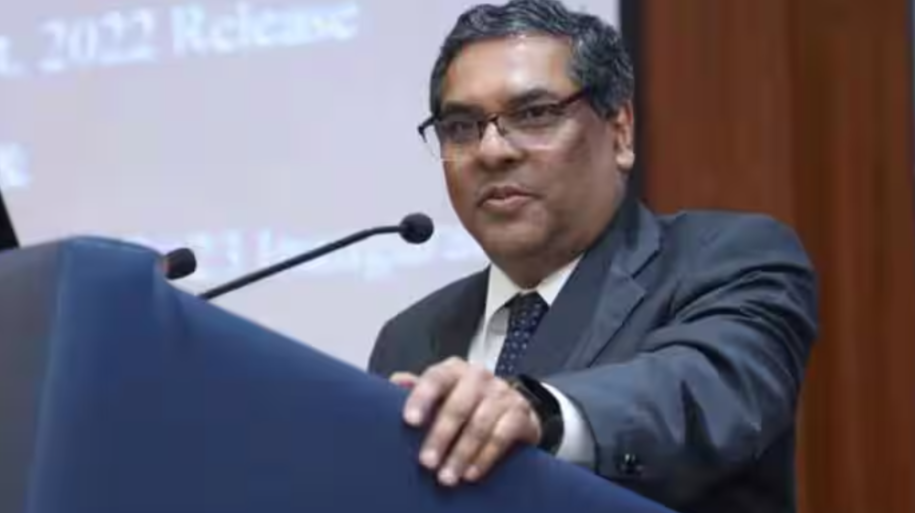Shreya Gupta
The 51st Chief Justice of India, Justice Sanjeev Khanna, retired on 13 May 2025.
In his farewell address, the outgoing Chief Justice expressed deep concerns about a prevailing “truth deficit” within the legal profession. Speaking at a function organised by the Supreme Court Bar Association, CJI Khanna highlighted this issue as something that had long troubled him, suggesting a need for greater honesty and integrity within legal practice. Reflecting on his judicial philosophy, he remarked that the role of a judge is neither to dominate the courtroom nor to surrender within it, implying a balanced approach of fairness and humility.
Concluding his 42-year-long career in law and the judiciary, CJI Sanjeev Khanna expressed a sense of renewal, stating that he was eager to “get rid of the judge” in him and looked forward to what felt like the beginning of a new life. He paid homage to his parents, particularly his mother—a Hindi literature professor at Lady Shri Ram College—who had initially doubted his choice to enter the legal field due to his simplicity and non-commercial mindset. However, he affirmed that her reservations had ultimately been proven wrong.
Among his institutional achievements, CJI Khanna took pride in a significant milestone: during his tenure, the Supreme Court achieved a case clearance ratio of 106%, meaning the Court disposed of more cases than were filed, thus helping to reduce the backlog for the first time in years. In a heartfelt recounting of his judicial journey, he shared three defining experiences. The first involved habeas corpus petitions at the Delhi High Court, where he encountered young individuals challenging societal norms to marry partners of their choice.
To maintain a non-adversarial environment, he facilitated meetings between them and legal aid counsels in his chambers, fostering comfort and dignity. Secondly, he spoke about the importance of legal aid, noting his meaningful interactions with jail inmates, undertrials, socially conscious police officers, and dedicated paralegal volunteers. He emphasized that legal aid in India is a legal right, not a privilege, and called for more lawyers to provide pro bono services to support the underprivileged. Lastly, he highlighted the Supreme Court’s diversity of thought, appreciating its multi-voiced nature that accommodates varying perspectives and upholds the pluralistic strength of India’s judicial system.
Justice B.R. Gavai is set to succeed him.
Instagram: Click here.
LinkedIn: Click here.
For Collaboration and Business: info.desikaanoon@gmail.com

